Election 2025: Anthony Albanese’s red-button diplomacy on defence spending, Donald Trump and Russia
The PM is prepared to go beyond the current level of 2.3 per cent of GDP on defence spending amid concerns from regional partners about a US strategic retreat and the expansionist advances of China and Russia.
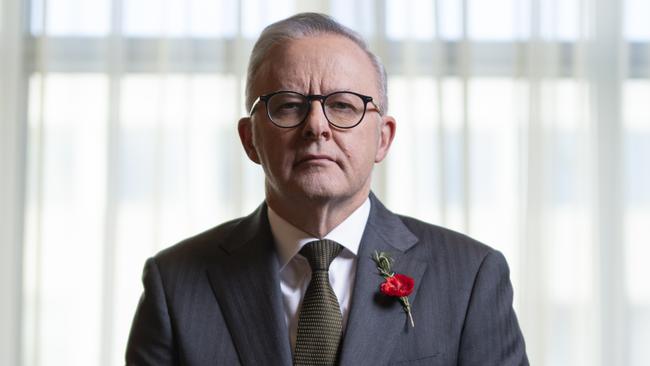
Anthony Albanese has left open the option of a re-elected Labor government increasing its defence spending but rejects any “magic number”, while warning Donald Trump not to dictate to Australia on trade or the defence budget.
The Prime Minister is prepared to go beyond the current level of 2.3 per cent of GDP on defence spending – to be reached in a decade – amid concerns from regional partners about a US strategic retreat and expansionist advances of China and Russia.
As part of the regional concerns Mr Albanese conceded he had been advised of a Russian request to Indonesia – reportedly for the positioning of long-range bombers north of Papua – but said it was designed to “make trouble” and the Indonesians had acted quickly to reject the request.
In an exclusive interview with The Australian, Mr Albanese has warned the US President to respect Australia as an ally when dealing with defence and trade policy.
While “not getting ahead of himself”, Mr Albanese also committed to serving a full term through to 2028 if he is re-elected next week and going to Washington DC “soon” for a meeting with Mr Trump.
But, Mr Albanese said any defence spending decisions would be taken in Australia’s “sovereign interest” and not dictated by the Trump administration’s demand that allies spend 3 per cent or above.
“Australia determines our own position as a sovereign nation,” Mr Albanese said. “That’s our response, and we more than punch above our weight, and have done so, including with our American friends and our allies. We have been good allies, loyal allies and good partners, and we expect to be treated as such.”
After signals from the Trump administration that Australia might be expected to restrain trade with China to buttress Mr Trump’s trade war with Beijing, Mr Albanese repudiated any prospect that Australia would take action against China that took one in four of our exports.
Mr Albanese said: “It would be extraordinary if the Australian response was to say ‘thank you and we will help to further hurt our economy’.”
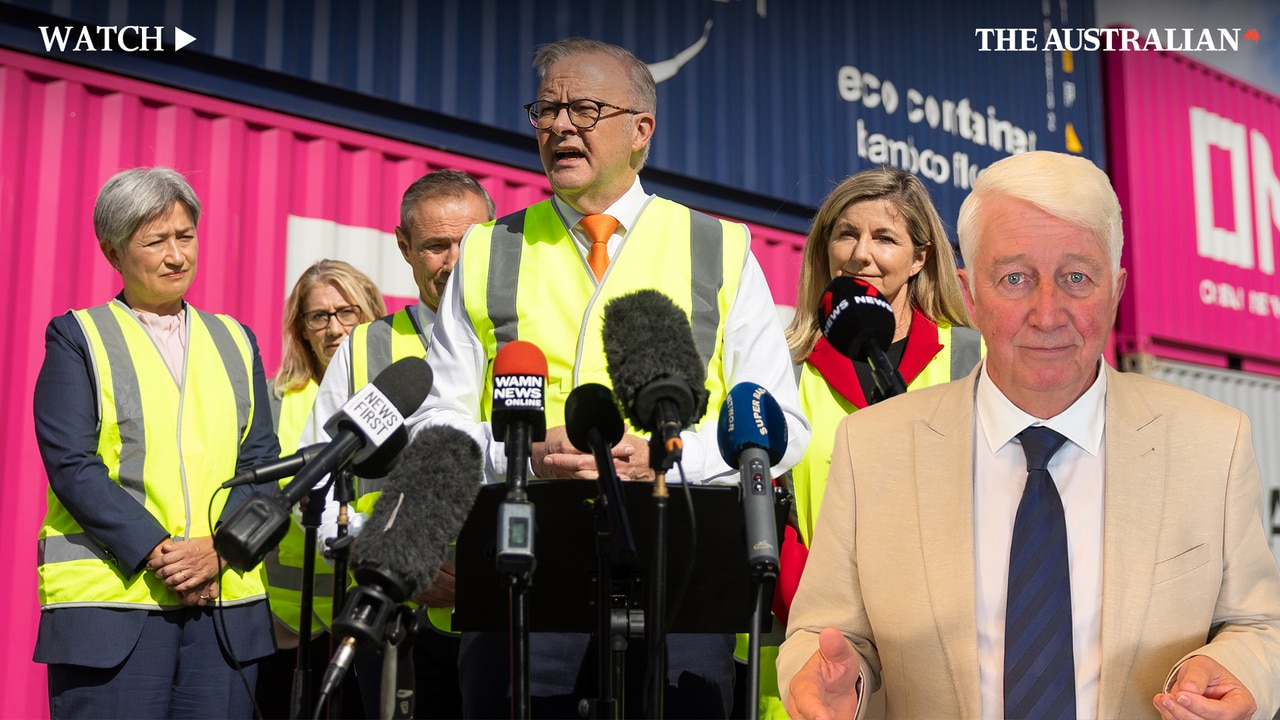
In the face of an IMF report warning of a global downturn, a downgrading of Australia’s economic growth and recommending governments raise more revenue to cover spending and keep inflation under control, Mr Albanese said a Labor government would not introduce new taxes.
“We have put forward our plans for lower income taxes,’’ he said. “That’s what we are putting forward. We have no plans other than what we are putting forward and I’ve said that consistently.”
Asked if he ruled out new taxes in the next term Mr Albanese said: “We’re in government. We’re in a position to do it if we were going to do it, and we haven’t”.
Despite Jim Chalmers asking Treasury to look at changes to negative gearing investment tax breaks, Mr Albanese has said there will be no changes to negative gearing or capital gains tax from a Labor government.
“Part of the problem, I think, for the Coalition with some of their scare campaigns, is that the things they are suggesting we would do, they said we would do prior to 2022 and we haven’t,” Mr Albanese said.
Asked whether Labor would raise defence spending after the Coalition had announced a higher target of 2.5 per cent of GDP over five years, Mr Albanese said: “What I accept is the need to actually implement a defence policy based upon improving our capability. There’s not a magic number.
“We visit budgets and expenditures every year. That’s what we do. If we need assets, we will invest in them.”
When asked if it was necessary he would increase the defence budget Mr Albanese replied: “Yes. If we need to invest, it will be based upon, not based upon a magic number, but what are the assets that we need? That’s the right question.
“And if we need assets, we will deliver on them. The former government had more than $40bn of commitments with no allocations. Everything running late and you can’t defend Australia with a media release.”
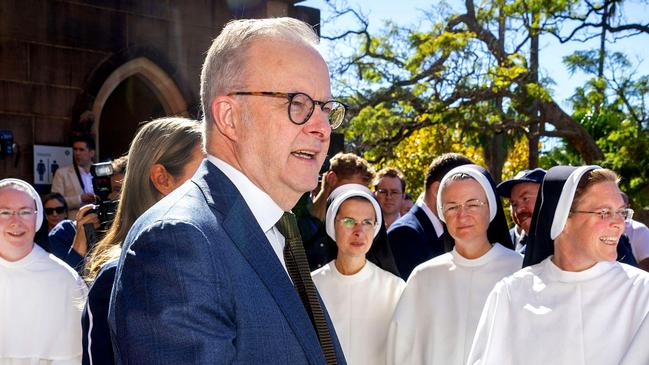
Mr Albanese said any decision on defence would be taken in Australia’s “sovereign interest” and not dictated by demands from the administration of Mr Trump seeking allies to spend above 3 per cent.
“I accept that we are good allies, that is what I accept, and I expect us to be treated with respect, including by the Trump administration,” he said.
Mr Albanese said he and Mr Trump had made reciprocal invitations for visits and he would travel to Washington DC “soon” but added: “I’m not getting ahead of myself. But we also, not only, will reach out to the United States, we will also engage in the region about the impact of the US administration’s decision on the region is also very important.
“The US administration’s decisions are having an impact in the region, and it is uncertain times, with the impact on aid, climate policy as well as defence and strategic relations,” he said.
In relation to reports that Russia had asked Indonesia to allow it to station long-range bombers on an island to be used as a satellite launch base only 1300km from Darwin, Mr Albanese said Indonesia had acted very quickly to reject the request.
When asked if he had been advised that the Russian offer had been designed to “make trouble”, Mr Albanese, who has previously described the reported proposal as Russian “propaganda” and not confirmed there was a request, said “without talking about our intelligence” that it would be “remarkable” if the Russian Ambassador hadn’t tried to talk himself up.
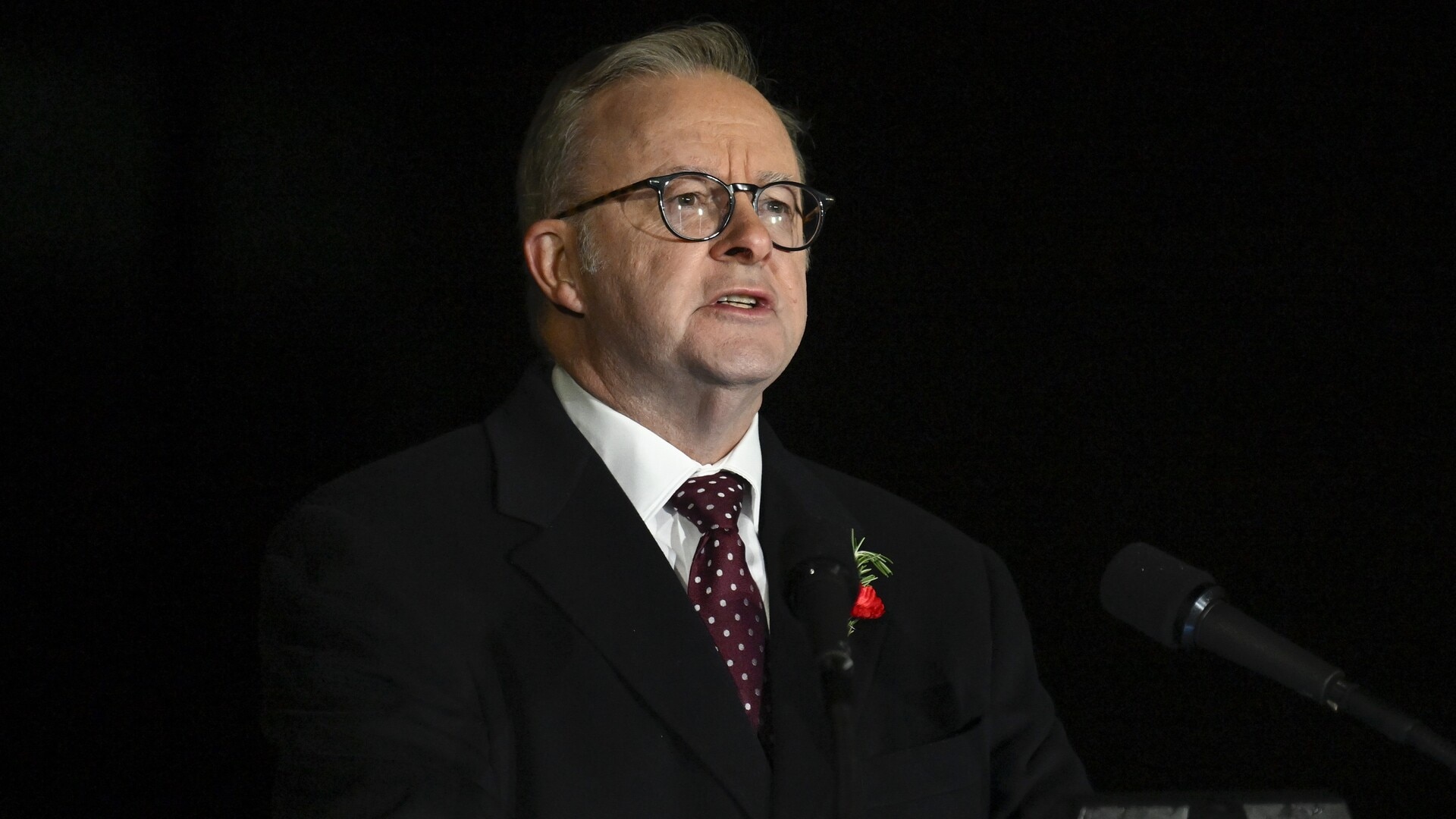
“It would be remarkable if any Russian ambassador or representative in the region didn’t talk themselves up. And that should be regarded as just a matter of course,” he said.
“Indonesia, quite clearly, without talking obviously about our _intelligence, Indonesia, has made its position very, very clear and very quickly,
“Australia’s defence relationship with Indonesia has never been stronger.”
In general political terms, Mr Albanese said he was concerned about growing polarisation in politics and people feeling disconnected.
He said one of the things that had not been written about from the US election was the disconnection between blue-collar workers and the Democratic Party. “We need to be wary about inequality and about polarisation,” he said. “The alienation of the blue-collar working-class voter from the Democratic Party in the United States is something that is a warning for centre-left parties and social democratic parties,” he said. “We need to make sure that blue-collar workers are looked after so that we continue to make things in Australia.”

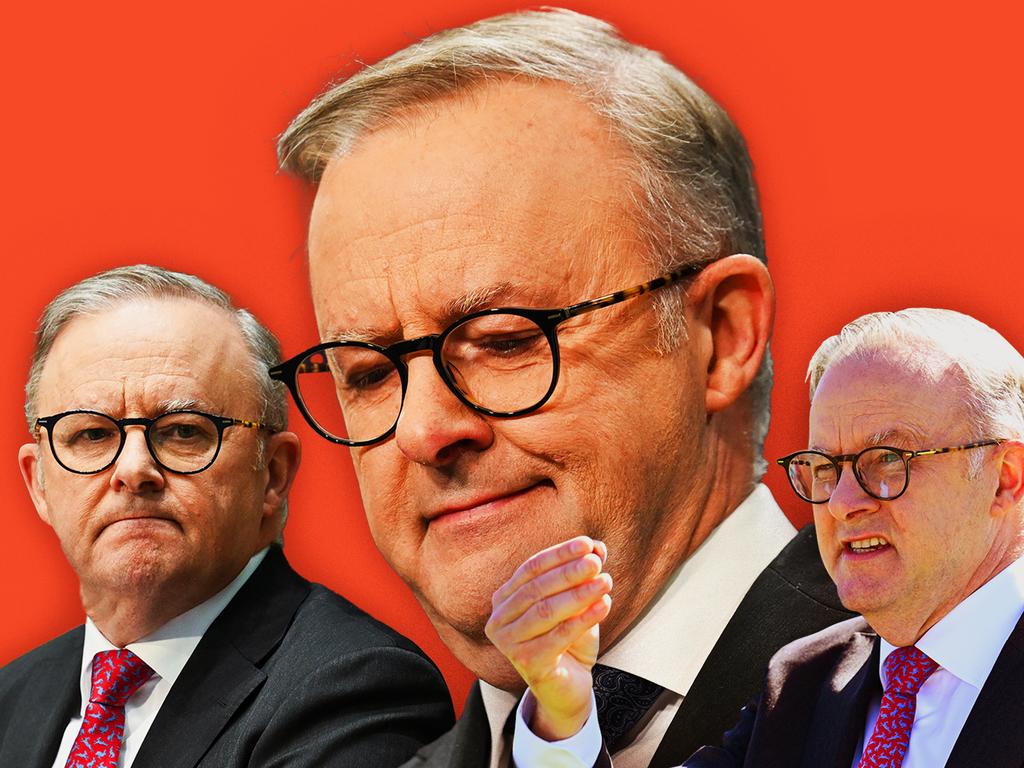
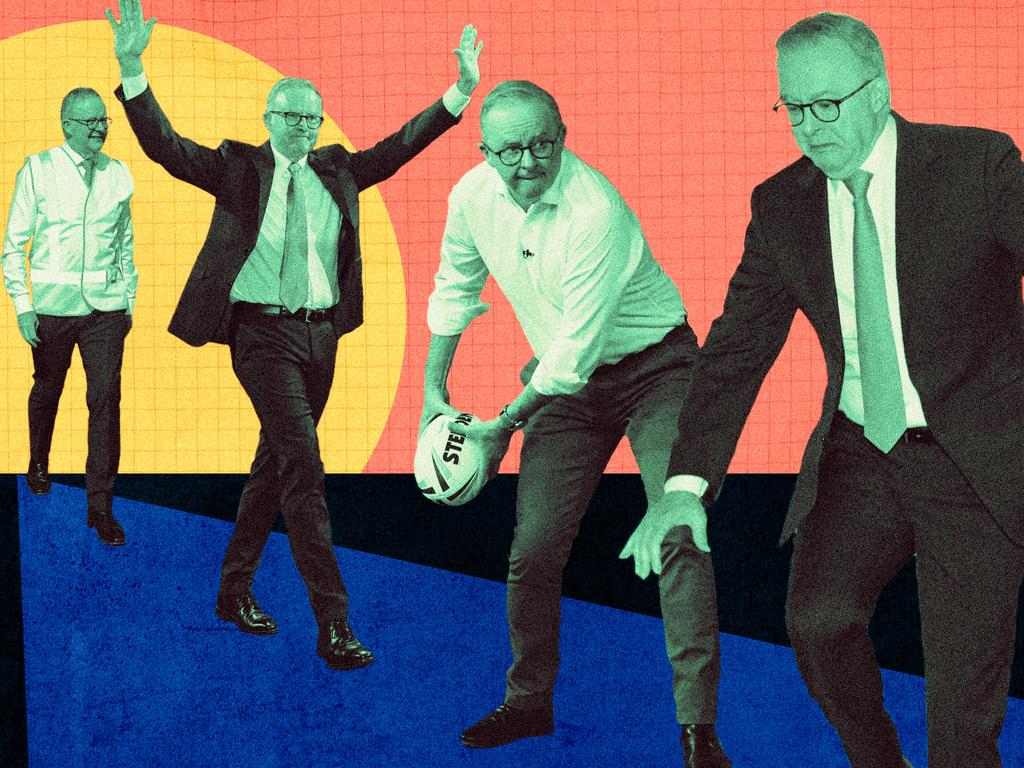
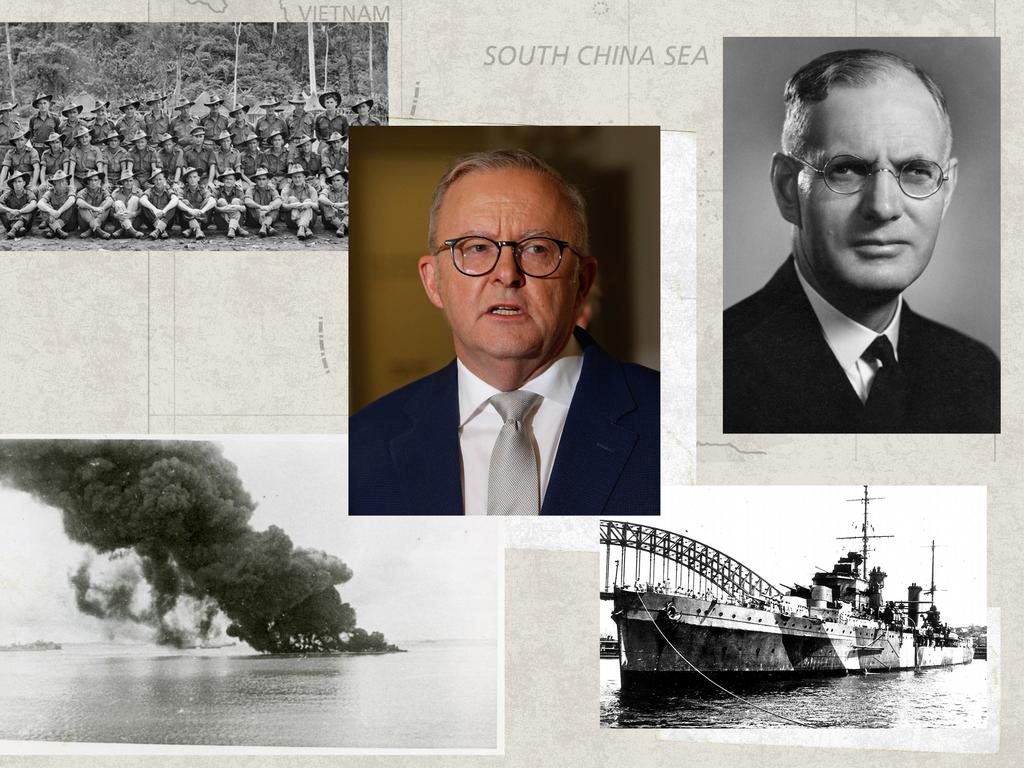


To join the conversation, please log in. Don't have an account? Register
Join the conversation, you are commenting as Logout